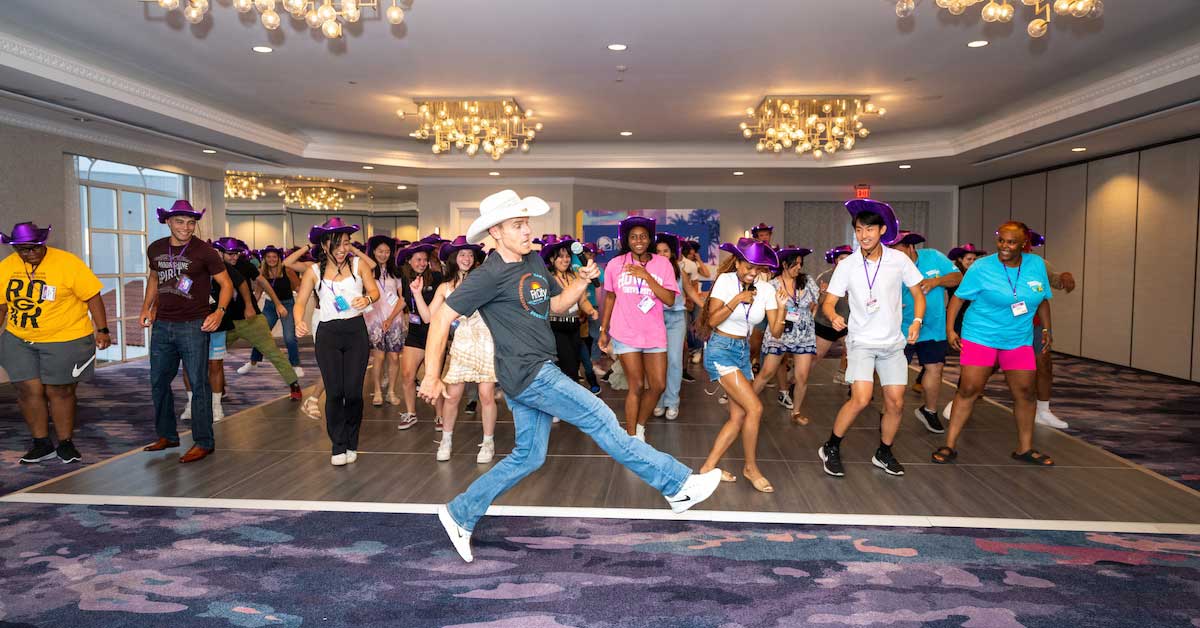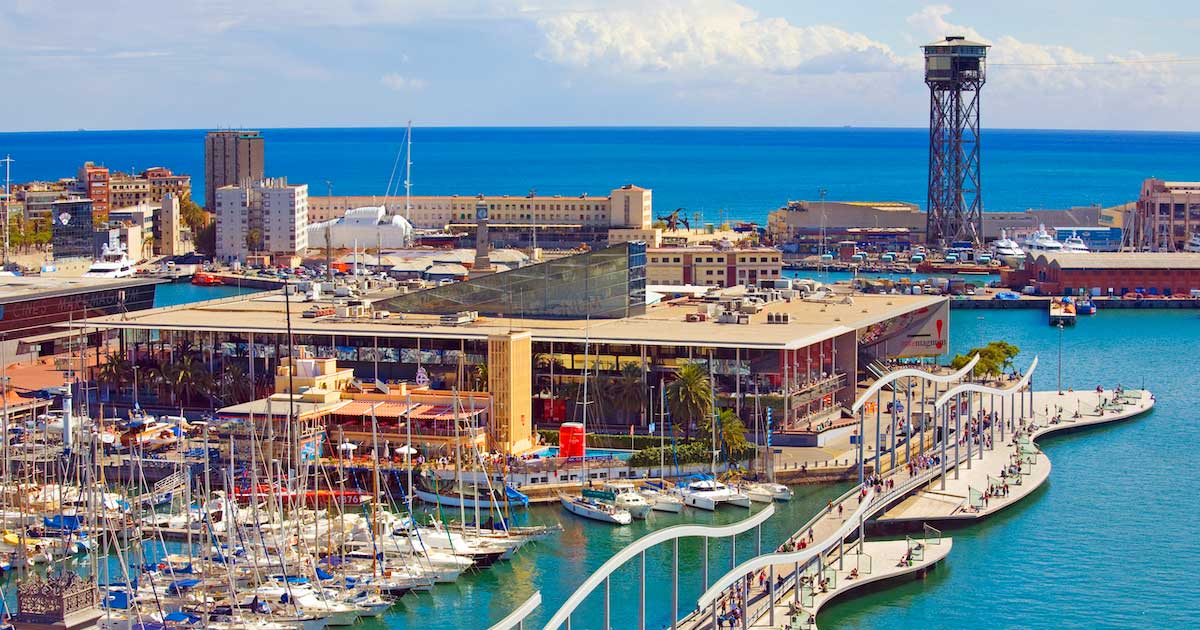Rodolfo Musco, CMP, CMM, CME-it, was instrumental in establishing MPI in Europe, and is included on the “50 Most Influential” list in relation to MPI’s 50th anniversary this year. Here, he shares his story, and we ask him about his book—"Profession: Meeting Management - Design, Manage, Evaluate Conferences Effectively”—and his thoughts on where the meeting industry goes from here. A free digital copy of his book will be given to the first 50 MPI members who request it—just email bpotter@mpi.org.
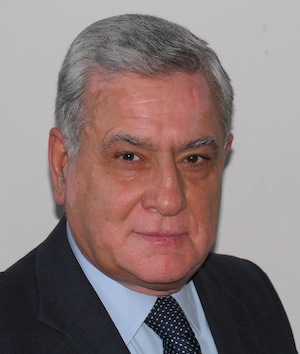
When I was 22 years old, I started working as the marketing manager of the Italian branch of an important international company.
Very quickly I realized the importance of letting employees, dealers and suppliers dialogue as members of a team. So, I organized and managed a convention during which participants, almost 300 people, could dialogue amongst themselves and exchange ideas. The result was a revenue increase of 100% in just five months!
Then I started to “study” how to organize meetings to involve different types of participants to achieve better results according to the specific objectives required.
I soon realized that meetings are essential forms of communication for cultural growth, economic development and scientific and social progress at every age and at every level.
The planning, organization, direction and evaluation of conferences requires specific professionalism and knowledge of “affluent sciences” such as psychology, neurology, sociology, marketing, cognitive sciences, dramaturgy and anthropology.
“Very quickly I realized the importance of letting employees, dealers and suppliers dialogue as members of a team.”
Several years ago, I began teaching meeting management at universities and organizing and managing 15 types of meetings for more than 200 companies and institutions of different business sectors in 126 countries on five continents. And I began spreading knowledge by authoring articles and books.
Of course, I felt the need to share my experiences with people involved in meeting management, and, 36 years ago, I joined MPI. In 1991, I founded the first MPI chapter outside of North America, and in 1994 I became a Certified Meeting Professional. Later, I proposed to MPI the CMM, a university-level certification in meeting management. In 2004, six European professionals—including myself—updated the Professional Standards for Meeting Manager and Meeting Coordinator.
The meeting manager needs the collaboration of a series of specialists and technicians to realize events. It is necessary that all those who contribute to the realization of conferences know their specificities and can dialogue based on shared standards. Aware of this, I launched the Three-levels Professional Certification project that concerns seven professional figures: meeting executives (first level); congress promoters, conference space managers, congress assistants (second level); and tour guides for meeting participants, people who are focused on travel arrangements and accommodations for meeting attendees and team builders (third level).
Meeting Professionals International is a very great community of people who work in the meeting industry. I agree that “When we meet, we change the world.” Thanks to MPI.
INTERVIEW WITH RODOLFO MUSCO
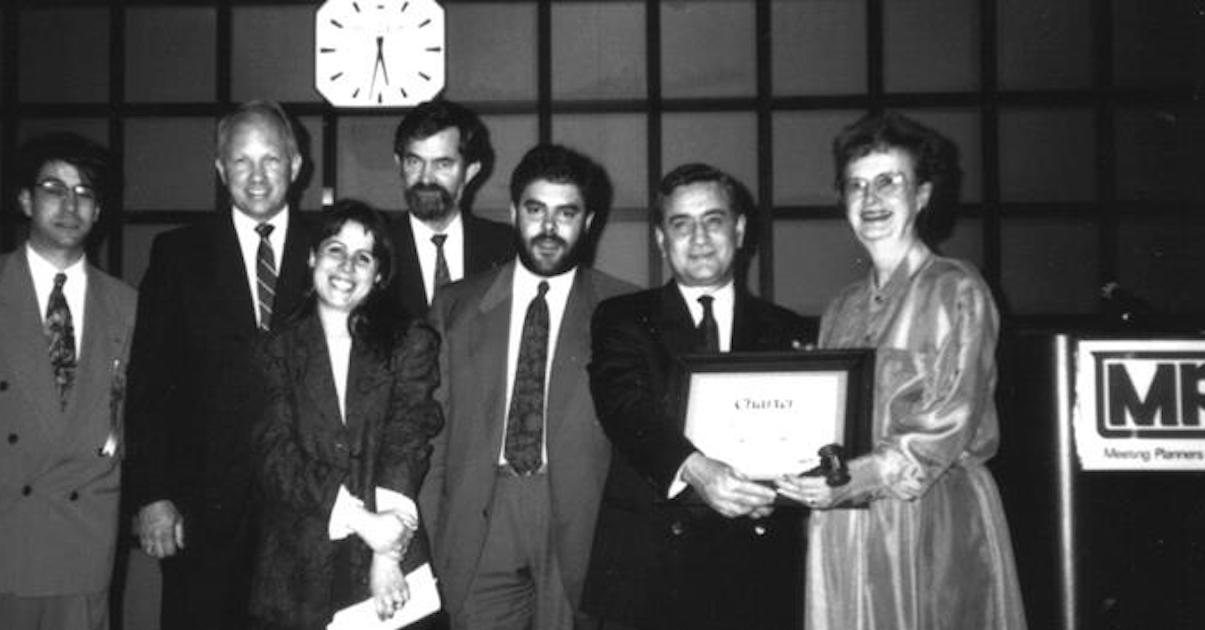
Tell us a little bit about your book, “Profession: Meeting Management - Design, Manage, Evaluate Conferences Effectively.” Why did you decide to write it and why is it important for meeting professionals to read it?
I organized and managed my first meeting in 1964 when I started my role of marketing manager at Unilever Italy. The goals—let all employees, agents and suppliers feel happy to co-operate for the economical evolution of their company and share elements such as ideas for better performance—were reached. Since then, I’ve designed, planned, managed and evaluated more than 1,200 meetings for my companies and for about 200 clients.
Gathering comments from participants, I focused on elements such as A) the importance of pre- and post-event communication; B) the importance of dialoguing with participants during the meetings and C) [the fact] that there are 15 types of meetings, and that each of them requires different organization/timing, different types of venues, different conference room setups, different social programs and more.
The combination of answers from participants to my questions, the reactions of speakers and suppliers and the calculation of ROI and ROO after the meetings pushed me to spread the knowledge.
Also, the results of the competition among groups of my university students and the success of those who graduated with me (some of them became managers of their companies just after 30 years of age) pushed me to spread this knowledge.
Tell us about a topic that you discuss in the book that meeting professionals perhaps don’t pay enough attention to.
Involvement of participants before, during and after the meetings.
You’ve taught meeting professionals on five continents. Why is imparting knowledge to others important to you, and what have you learned in the process?
Meetings are extremely important for the economy and the wellbeing in any nation, at any time. People who know this are motivated to be connected with other people and live better with their families.
The MPI CMM Program. Transform the way you think and become a strategic leader.
How has the required skillset of a meeting professional changed since the onset of the pandemic? How has it remained the same?
The pandemic reduced travel. Participants could not exchange personal approaches during the online meetings. It was almost impossible to know the culture and the values of inhabitants of other cities, countries and areas. The need of new knowledge was not satisfied.
MPI is celebrating its 50th anniversary this year, and you were instrumental in establishing its presence in Europe. How have the industry and MPI changed/grown, and what further changes do you look forward to seeing?
In my opinion, it is very important to spread knowledge about the professionalism in meeting management and the benefits available to people and to the economy of territories [such as] Europe, Asia and Africa. A few numbers: in Italy there are 200,000 companies. All of them plan at least a meeting every year with ROI that rarely goes over 20% of the investments (travel, etc.). We know that meetings organized by competent people generate ROI up to 80%. Why do we have just about 180 members in the MPI Italia Chapter?
With Francesca Buccafusca, one of our colleagues who contributed to the foundation of the MPI Italia Chapter, I will soon start to dialogue with the 60 Italian industry associations and the 36 regional institutions in order to extend the knowledge of the importance of meeting management and increase the education for people involved in performances and motivation.
I [hope] to motivate colleagues in at least 35 European countries/states to promote MPI chapters.
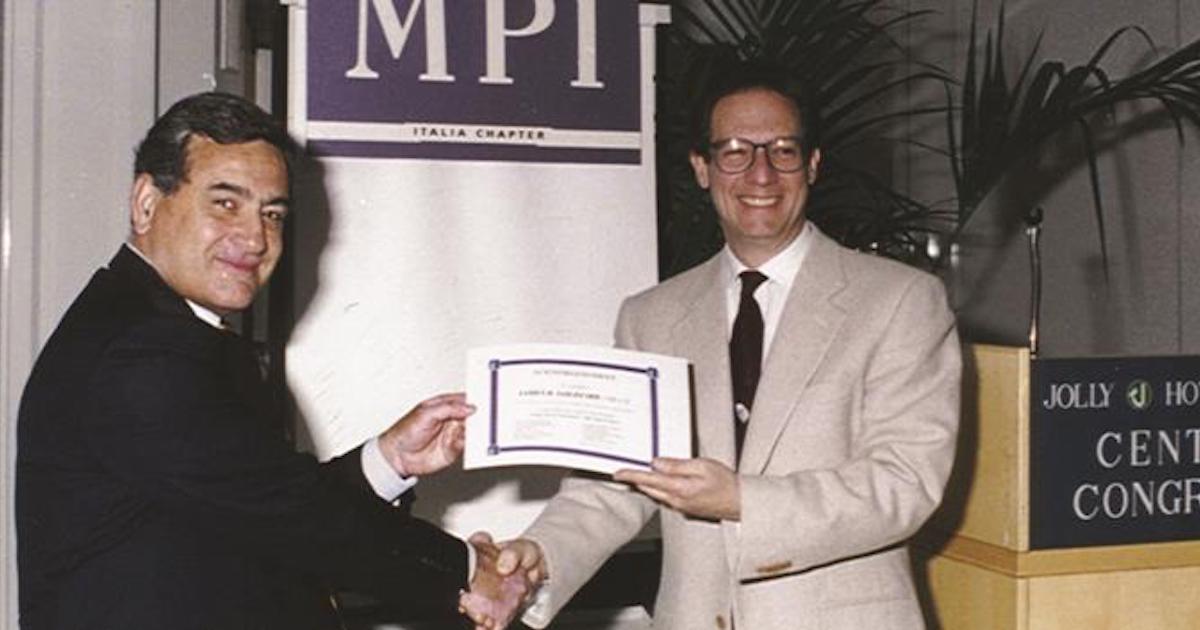

.jpg?sfvrsn=96553155_1)
